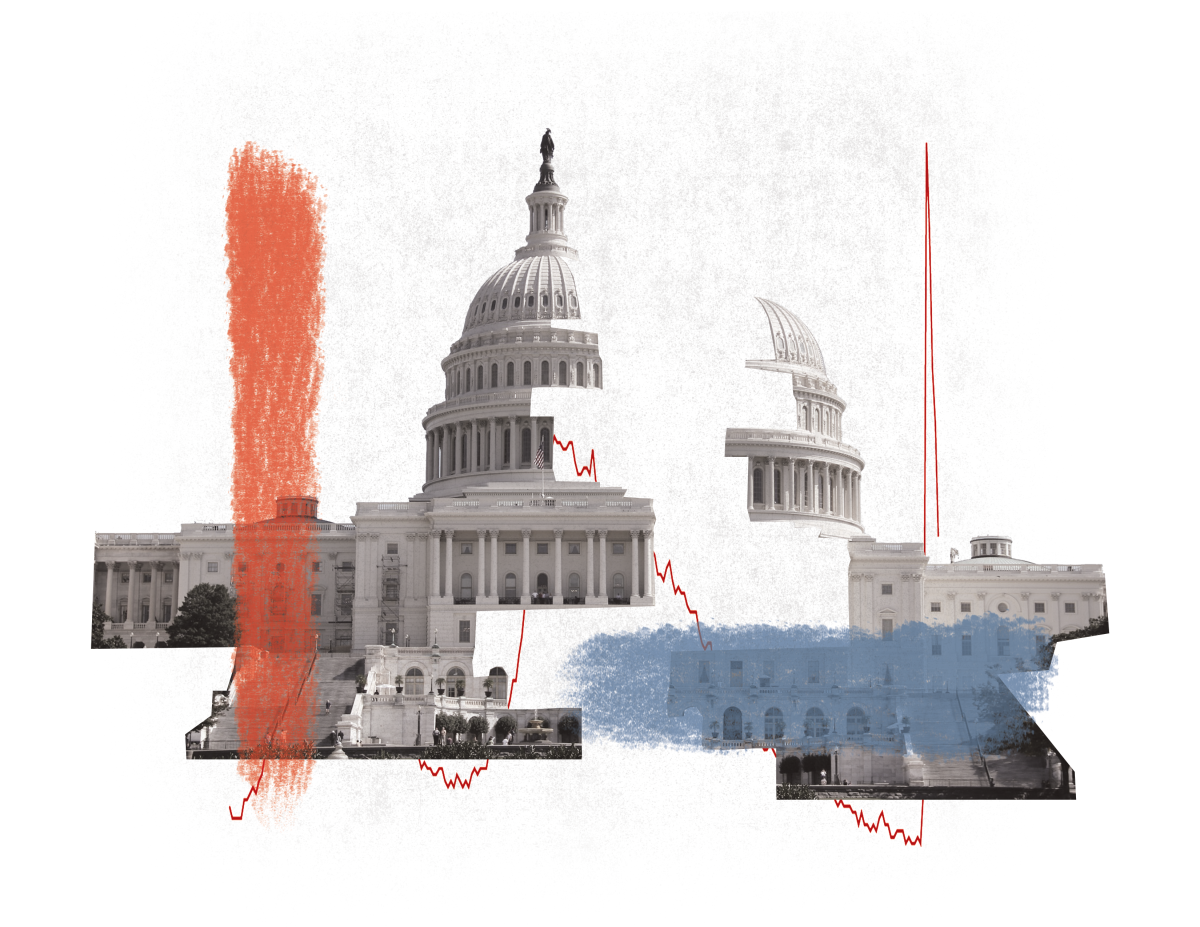$1200 over the past 6 months, or $6 per day is how much every American adult received in stimulus under the CARES Act from March. Even though over 70% of Americans support a second round of stimulus checks and other protections, we have yet to see another relief package passed. The reason for this ultimately comes down to the ever-increasing gulf created by partisanship as well as the dynamics between the two chambers of Congress and the President.
Even after a month of continued negotiations between congressional Democrats and White House officials, there has still been no agreement for relief. Speaker Pelosi agreed to lower the Democrats’ desired amount to $2 trillion, but Treasury Secretary Steve Mnuchin would not go above the previously proposed $1 trillion. In early September, McConnell introduced a new “skinny bill” that most Republicans agreed to support worth around $650 billion; it was filibustered in the Senate and Democrats said it was not enough.
It seems very easy to cast this as a “both sides” issue in that both Democrats and Republicans are to blame. However, the reality is that the House passed a relief bill in May, but Republicans waited for two months until unemployment benefits were running out to take relief seriously. When the Republicans finally addressed the need for more aid, their measures were not sufficient and Democrats rejected them because they weren’t sufficient. If the Democrats had made concessions, then Republicans would say there is no more need for a package. Since they rejected it, Republicans are portraying Democrats as selfishly motivated in putting their party over the country, even though it’s really the other way around. A similar situation occurred in June when Democrats tried to pass a police reform bill in the wake of George Floyd’s death. Republicans crafted their own legislation, but Democrats blocked it because it was less substantive and comprehensive.
This still begs the question: Why has the Senate even considered the HEROES Act after 4 months? After all, this year many vulnerable Republicans are up for reelection, and their constituents could definitely use more financial relief as the pandemic is still ravaging communities. In addition, they are already tied to an unpopular incumbent president, which makes the national environment unfavorable for them. It turns out, there are things more important than pandemic relief for Mitch McConnell, the most powerful senator. Ever since Democrats took back the House in 2018, he’s become known as “the Grim Reaper” because he rarely considers legislation from the lower chamber. However, he has been instrumental in confirming President Trump’s nominees for federal judges, currently over 200 in the past four years. This is not only to appeal to the evangelical base within the Republican party, but it also acts as a safeguard if Joe Biden becomes president and the Senate flips, so that their policies can always be litigated and overruled.
Even when Republicans do consider relief for Americans from the current crises, their approach to it leaves much to be desired. A few of them have expressed concern over the potential cost of a relief bill, but at this point, it’s very obvious that helping millions of people who are out of work, hungry, at danger of being evicted and without health insurance should take a higher priority over costs. Also, costs have always been an issue when it comes to aiding everyday citizens, but it is never brought up when military budgets, tax cuts for the wealthy and bailouts for big corporations are passed. Another point is that Republican leadership thinks the current unemployment benefits are too generous and that they would disincentivize people from working. This has a few implications: if people make more from their unemployment check than their job, it means they are being grossly underpaid and millionaires like McConnell and Mnuchin can’t really be expected to understand what it means to be in a state of poverty.
Lastly, even though they are portraying themselves to be small business-friendly, the Republican provision for liability is not only unnecessary but also cruel as it prioritizes businesses’ financial fortunes over the health of laborers, which would put them in a conundrum of whether they should or shouldn’t go back to work, putting their health and welfare at risk either way. If you live in a state that is competitive this election for the Presidency or Senate, please be sure to vote to make your voice heard and hold our leaders accountable.




































